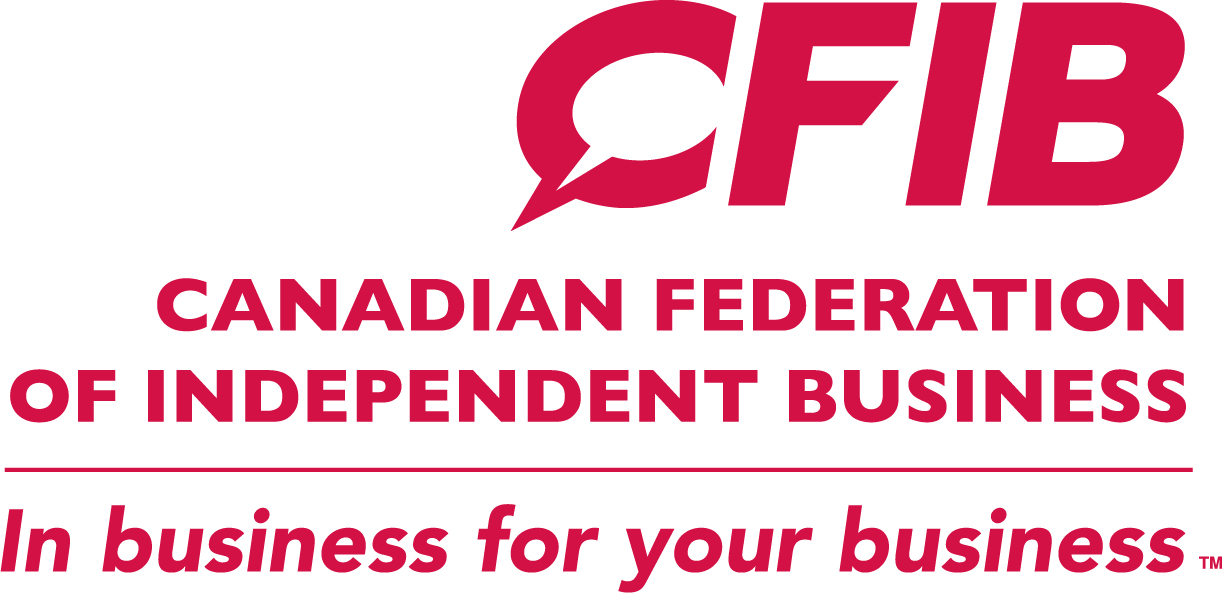Seven in 10 small businesses say Bank of Canada rate increase will hurt their business in new report on inflation Français
TORONTO, Sept. 8, 2022 /CNW/ - Yesterday's Bank of Canada rate increase, the fifth this year, will be a hard hit to small businesses that are already feeling the squeeze of inflation, warns the Canadian Federation of Independent Business (CFIB). Seven in ten (70%) small business owners expect interest rate hikes to have a negative impact on their operations, according to CFIB's newest report on inflation.
The Bank of Canada raised its benchmark interest rate by 75 basis points in an effort to curb inflation, bringing the policy rate to 3.25%.
"While keeping inflation at reasonable levels is definitely an important policy goal, the rate increase comes at a time when 62% of small businesses are still saddled with pandemic debt, for an average of $158,000," said Simon Gaudreault, Chief Economist and Vice-President of Research at CFIB. "Doing business in Canada is becoming too costly. Rising costs, compounded with interest rate hikes and difficulties finding staff, are putting business owners in a tough spot."
Almost one-third of businesses (32%) plan to raise their prices by 6% or more in the next twelve months according to CFIB's August Business Barometer® data, although this share seems to have peaked in recent months (it was at 39% back in June).
Nearly eight in ten (79%) small business owners raised their prices more than usual in the past year to compensate for rising costs, according to a June CFIB member survey. Moreover, 81% of small businesses believe the federal government does not understand the cost pressures they face.
"This should sound the alarm for governments to take swift action and provide more cost relief," added CFIB President Dan Kelly. "Putting upcoming tax hikes on hold and fast-tracking promised reductions in credit card processing fees would be two early ways the federal government can help."
CFIB urges governments to:
- Freeze planned federal tax hikes, including the 2022 increase in CPP, EI, carbon and liquor taxation, and reduce the provincial payroll tax burden
- Increase the forgivable portion of the Canada Emergency Business Account (CEBA) loan to at least 50%
- Extend the repayment deadline for CEBA loans to qualify for partial loan forgiveness to December 2024
- Increase the small business deduction to $600,000 (currently $500,000)
- Immediately implement the promised reduction in credit card fees for small merchants
"As small firms are struggling to keep up with staggering increases on almost every line of their budget, governments must avoid imposing additional costs that would put the livelihood of small businesses at risk," Kelly concluded.
Read the full research snapshot here.
Your Voice – June 2022: Final results for June 9-30, 2022, based on a sample of 2,533 CFIB members. For comparison purposes, a probability sample with the same number of respondents would have a margin of error of +/-1.9 %, 19 times out of 20.
Business Barometer®: August findings are based on 682 responses from a stratified random sample of CFIB members, to a controlled-access web survey. Data reflect responses received from August 2 to 18. Findings are statistically accurate to +/- 3.8%, 19 times in 20. Every new month, the entire series of indicators is recalculated for the previous month to include all survey responses received in that previous month.
The Canadian Federation of Independent Business (CFIB) is Canada's largest association of small and medium-sized businesses with 95,000 members across every industry and region. CFIB is dedicated to increasing business owners' chances of success by driving policy change at all levels of government, providing expert advice and tools, and negotiating exclusive savings. Learn more at cfib.ca.
SOURCE Canadian Federation of Independent Business

For media enquiries or interviews, please contact: Dariya Baiguzhiyeva, CFIB, 647-464-2814, [email protected]

Share this article